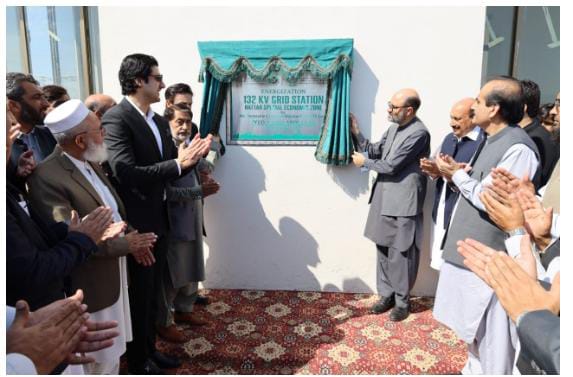
Islamabad: Transparency with regards to the actions undertaken by political leaders and public officials at institutional level is an important element of good governance. According to the research by UN, Pakistan’s ranking stood at 13 percent below the average HDI of South Asia including Bangladesh and India. Pakistan made progress from 2000 to 2015 but its progress slowed down afterwards” according to Human Development Report (HDR) 2019 launched by the United Nations Development Program (UNDP). The report further stated that 74 million poor people was depressing and they could not be taken care of through targeted schemes so the solution lies for achieving higher and inclusive GDP growth, 51.7% of the population is suffering from intense deprivation while 21.5% lives in “severe poverty” The report stated that as many as 38.3% of the country’s population was living in multidimensional poverty, while 12.9% was at risk of being pushed into the category. It defines the phenomenon of multidimensional poverty using the Multidimensional Poverty Index (MPI) which assesses the nature and intensity of poverty at the individual level in education, health outcomes, and standard of living.
The reason behind Pakistan being at the lowest of the barrel in South Asia includes the origins of weak governance as documented for Pakistan on two levels. On the one hand, the link between citizens and policymakers can break, for example, because citizens lack access to information about the action of their leaders, or because they are unable to sanction behavior that is against their interest. Thus, transparency about leaders’ performance and the accountability of leaders to citizens, as per the report, are key for effective governance. On the other hand, governance failure can also occur when political leaders are no longer able to ensure policy implementation and service delivery through institutional failure.
Governance Accountability Index, an initiative by Mishal Pakistan, country partner Institute of the Future of the Economic Progress System Initiative, World Economic Forum, has launched Governance accountability index to measure the performance of governance at institutional level against various set of indicators to assess the efficiency and transparency of government institutions. At the outset, governance accountability index sets the basis of engaging different frameworks for measuring institutional performance in public sector institutions. The importance of inputs, outputs and strategic goals are mentioned to illustrate -institutional efficiency in more general terms. The terms and process indicators of Governance accountability index are explained to gain familiarity with types of performance frameworks. The rationale behind gauging performance is to benchmark performance indicators on a set of pre-selected indicators, namely quality of governance, communication, accountability, inclusion, transparency, openness, effectiveness and responsiveness
In Pakistan, there is a need to think about the management of the public sector and governance of non-public entities that are tasked with fulfilling service delivery functions. Pakistan has taken important steps toward improving transparency in service delivery and empowering citizens, but it needs to mainstream initiatives and ensure that existing data are used to hold service providers accountable and institutional accountability is also needed. Measurements of institutional efficiency generally focus on the relationship between institutional resources and activities on the one hand, and institutional outcomes, on the other. However, while such calculations are often straightforward in the private sector, they are harder to make in the public sector due to the difficulty of conclusively establishing causal link between the level of activities and outcomes and transparency being the major hindrance in general.
Speaking on the occasion, CEO Mishal Pakistan, Amir Jahangir expressed that Institutional level transparency involves enhancing the effectiveness and efficiency of administration by establishing the legitimacy and credibility of institutions through efficient regulatory bodies
Owing to the considerable difficulties in measuring institutional efficiency and effectiveness within the public sector, evaluation experts at Mishal Pakistan have developed a “Trust Survey”, measuring the performance of all the regulatory bodies in Pakistan. The TRUST Survey will measure the nature of policy implementation and perception about the citizens towards establishing trust in these institutions such as whether it supports accountability and citizen’s participation. These are known as process indicators that include a number of process indicators with its focus on measuring various dimensions of bureaucratic structure and institutional meritocracy.
Established in 2003, Mishal has been engaged with some of the most dynamic organizations, including media enterprises and global development agencies helping them develop their communication strategies and solutions for better understanding and creating synergies with their concerned stakeholders. Mishal is the country partner institute of the Center for Global Competitiveness and Benchmarking Network of the World Economic Forum. Mishal’s research and capacity building initiatives have assisted and helped successive governments to improve Pakistan’s global ranking on competitiveness, gender gap, trade and information technology indices







